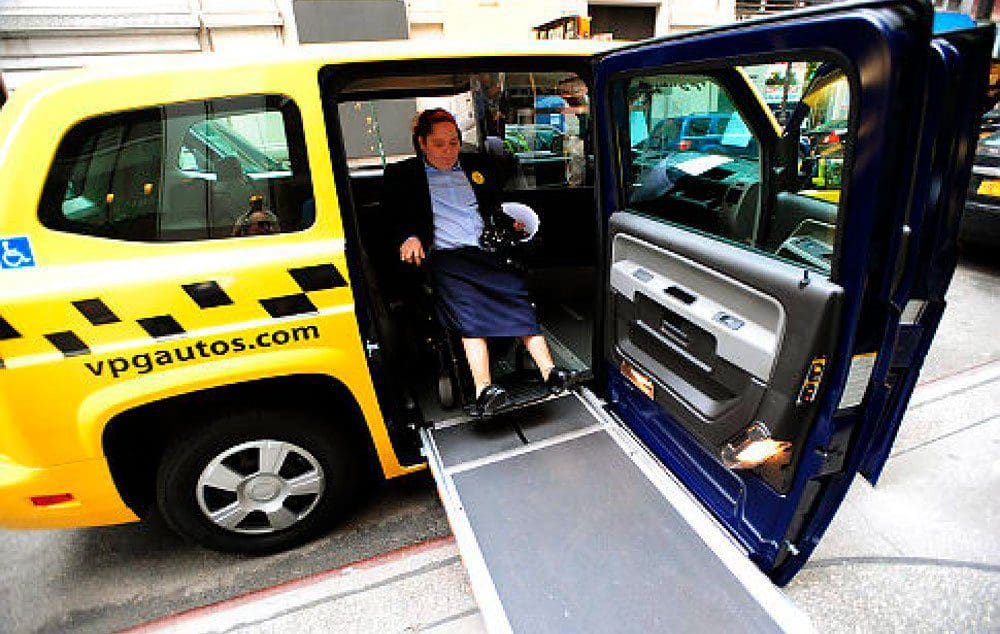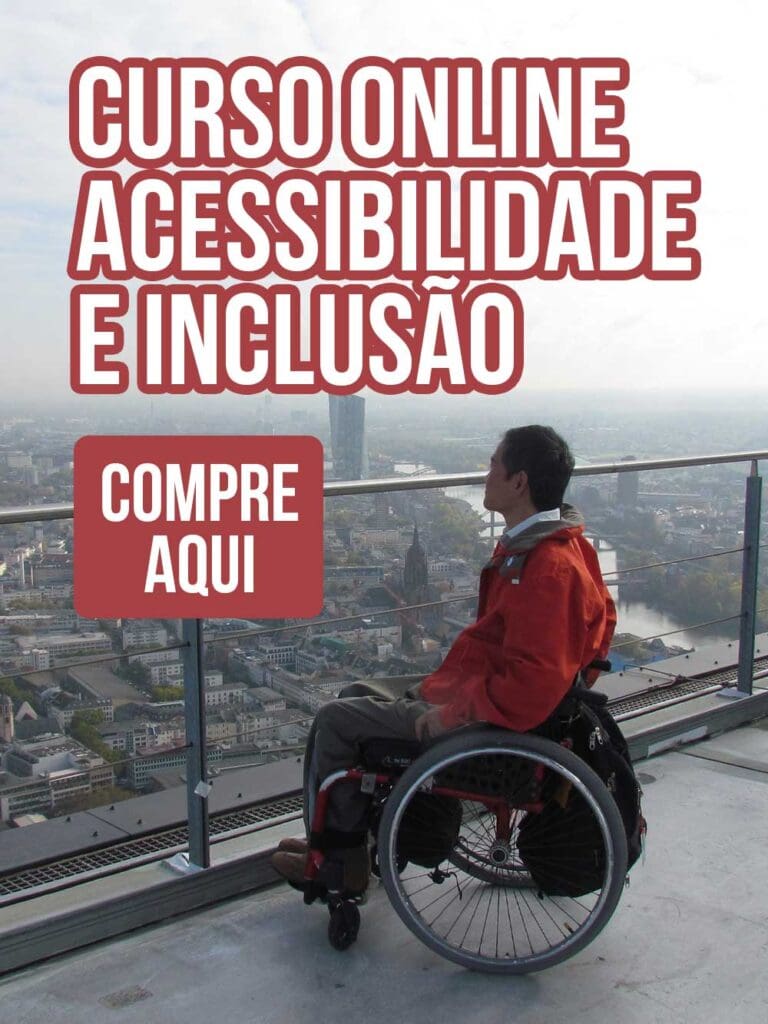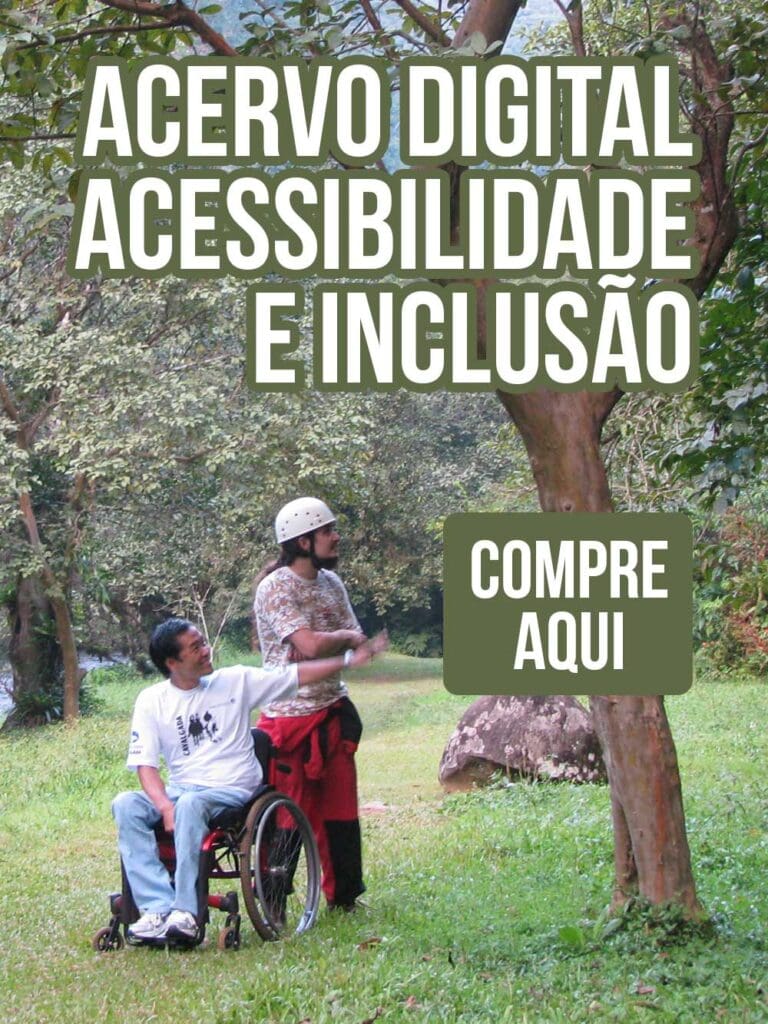Two new types of “taxis” will soon be introduced into the New York City transportation market. First, a U.S. federal court recently approved a class action settlement in an action brought by The Taxis for All Campaign which provides for 7,000 wheel-chair accessible medallion taxis by 2020 http://www.dnaindo.com/new-york. Second, SheTaxis/SheRides is a car service app intended to provide female drivers of cars which will only carry female passengers. These additions to an already intensely competitive transportation market in New York City featuring, inter alia, the medallion taxi fleet and Uber and Lyft ride sharing services [see Car and Apartment Sharing in New York State and Beyond at www.nycourts.gov/courts/9jd/taxcertatd.shtml gives tourists additional transportation options when visiting the Big Apple.
Wheel-Chair Accessibility
In 2011 several organizations including The Taxis For All Campaign, the United Spinal Association and Disability In Action commenced a class action in United States District Court for the Southern District of New York against the New York City Taxi and Limousine Commission [TLC] and the City of New York [The Taxis for All Campaign et al v. N.Y. City Taxi & Limousine Commission et al, Case No. 11-CV-0237 (GBD)] “alleging that New York City (and the TLC) discriminate against individuals with mobility disabilities who use wheelchairs or scooters by failing to require a medallion taxi fleet that is accessible to such individuals” [Notice of Proposed Settlement of Class Action (June 16, 2014)(“the Notice”)].
Litigation Background
As noted by Disability Rights Advocates (DRA) in a press release (www.dralegal.org) (9/18/2014) “When the case was initiated, 231 of the City’s 13,437 yellow taxis-just 1.8%-could accommodate wheelchairs. Taxis are a critical transportation system in New York City. Locals and visitors alike rely on them for business, leisure and emergency transport, and for individuals with mobility disabilities, lack of access to this system posed a significant barrier to participation in every aspect of life in the City…Plaintiffs prevailed in (court) on Dec. 23, 2011 with the Court ruling that ‘As a result of the TLC’s policies and regulations…disabled persons are not provided meaningful access to the benefits of the New York city taxicab service’. The Court further held that the TLC should create and enact ‘a comprehensive plan to provide meaningful access to taxicab service’ for passengers who use wheelchairs’”. On appeal part of this decision was overturned with the Second Circuit Court of Appeals holding ”that the Americans with Disabilities Act (ADA) (does) not ‘obligate the TLC to use its licensing and regulatory authority over the New York City taxi industry to require taxi owners provide meaningful access to taxis for persons with disabilities’”.
“Taxi of Tomorrow” Competition
“At that same time, New York City was preparing to drastically change its taxi system. The City held a competition to choose one vehicle model, which it called the ‘Taxi of Tomorrow’ that it planned to require all taxicab operators to buy or use for the following decade. The City ultimately selected the Nissan NV200, a van not accessible to wheelchairs, as its Taxi of Tomorrow. Plaintiffs prepared to challenge this choice on the grounds that under the ADA a van used as a taxi must be accessible unless equivalent service is provided to people with disabilities”. For a taxi design which is wheel-chair accessible see Johnson, Taxi Drivers Offered New Handicap-Accessible Option in Model Cab at www.dnainfo.com/new-yor/20120110 (9/18/2014).
The Settlement
At this point the parties, after three years of negotiations, decided to enter into a settlement which was approved by the Court on September 16, 2014 finding that it was “fair, adequate and reasonable to (a class defined in the Notice as ‘All persons using wheelchairs or scooters who reside in or visit New York City who are persons with disabilities under the Americans with Disabilities Act, Rehabilitation Act and/or City Human Rights Law and who seek to use the New York City medallion taxis’). The settlement provided that “the City Entities will require owners of taxicab medallions to replace 50% of all taxi cabs in the New York City medallion taxi fleet that come out of service and are retired with vehicles that are fully accessible for wheelchair and scooter users, starting on a date no later than January 1, 2016″. As noted by the DRA “This settlement will make New York City’s taxi fleet the most accessible in the country and one of the most accessible in the world…In June 2014, the New York State legislature was sent a plan to make New York City’s outer borough cabs-fleets not covered by the settlement-also 50% accessible”.
Taxis For Women Only
As noted in Hu, Needing More Drivers, Taxi Service for Women Delays Start, www.nytimes.com (9/15/2014) “A new livery service for women that was supposed to start operating…in New York City…has been delayed until later this month to allow the company to recruit more female drivers… (presently have 100 and want 500) before it (begins) operating to avoid any delays for potential riders. SheTaxis-known as SheRides in the city’s five boroughs-will instead start its website on Tuesday…SheTaxis will operate through a smartphone app to connect female livery drivers sporting pink pashmina scarves with female riders”.
Does SheTaxis Discriminate?
“The delay in SheTaxis’s operation comes amid criticism by some legal experts and others who say that it discriminates against men. Norman Siegel, a civil rights lawyer, said it was illegal under city, state and federal laws. “As a public accommodation, I believe that it unlawfully discriminates against male customers and additionally it also unlawfully discriminates against males in employment’. City officials have said that the app appears to be legal, but that it would be illegal for a driver to refuse to pick up a rider because of gender…the city’s human rights commissioner, said ‘We are currently in the process of reaching out to the livery bases that will be using the app and advising them of their obligations under the N.Y.C. Human Rights Law’…In the city, women make up only 1 percent of yellow-cab drivers and only 5 percent of for-hire drivers of livery cars, green cabs, limousines and luxury sedans, according to city data”. Stay tuned.
Disabled Passengers & Airlines
There has been considerable litigation over the years against airlines, cruise lines and hotels over how and when to accommodate the needs of disabled passengers and guests [see Travel Law, §2.02[7] (domestic airlines), §3.02[6][c](cruise ships); §4.04[1][ii][A] (hotels and resorts)]. As far as airlines are concerned passengers have brought many lawsuits seeking appropriate accommodations and damages [see DeTerra v. America West Airlines; Ruta v. Delta Airlines, Inc.; Nathaniel v. American Airlines; Bynum v. American Airlines, Inc.; Tallarico v. Trans World Airlines, Inc. (discrimination against handicapped passenger; Air Carrier Access Act; $80,000 jury award approved for emotional distress)]. In addition, the U.S. Congress enacted the Air Carrier Access Act (ACAA) as amended which prohibits airlines from discriminating against disabled persons who have a “record” of having a “physical or mental impairment that substantially limits one or more major life activities”. The ACAA gives disabled passengers many new rights yet allows the airlines to exclude such passengers if “the safety of the flight would be compromised”.
Disabled Passengers & Cruise Ships
Cruise ships today attempt to accommodate disabled passengers with mixed results [see Greenhouse, Does the Disability Act Stop at the Shoreline (N.Y. Times Travel Section (3/20/2005); Stellin, Sampling of Services for the Disabled at Sea, N.Y. Times Travel Section (3/20/2005)]. The case of Spector v. Norwegian Cruise Line Ltd. established that the (ADA) applies to foreign flagged cruise ships touching U.S. ports. Disabled passengers may also assert claims based on fraudulent or negligent misrepresentation, breach of contract, violation of consumer protection statutes and unjust enrichment [see Peters v. Norwegian Cruiseline Limited (“Due to an untreatable genetic condition, Peters required a wheelchair for mobility. In 1998 Peters decided to take a cruise…On at least 15 different occasions, Peters spoke with a travel agent…regarding the accessibility of the (cruise ship) for physically disabled people”. Many assurances were given but in reality many of the services and facilities aboard ship were not accessible as promised and numerous common law causes of action were sustained.
Disabled Guests & Hotels
Hotels are under a common law duty to provide accommodations to travelers who request them. As long as there is a room available, the innkeeper cannot discriminate between travelers but must accept those who properly apply. As applied to hotels, the Civil Rights Act of 1964 is a codification of the common law duty to provide accommodations without discrimination. The Americans With Disabilities Act (ADA) applies to old and new construction and has been used by the federal government and private individuals to encourage hotels, resorts and casinos to make their facilities more handicapped accessible [see U.S. v. Days Inns of America, Ins.; Sigros v. Walt Disney World Company; Brown v. Showboat Atlantic City Propco, LLC (“Plaintiff alleges he encountered discriminatory barriers (including) improper ramps, walkways, restrooms, paring, sales and service counters, guestrooms and gaming tables”).
Conclusion
New York City is rapidly becoming a testing ground for new and innovative concepts such as Airbnb, Uber, Lyft, She/Taxis and wheel-chair accessible taxis which appeal to locals and tourists as well. Bravo.
The author, Justice Dickerson, been writing about Travel Law for 38 years including his annually-updated law books, Travel Law, Law Journal Press (2014), and Litigating International Torts in U.S. Courts, Thomson Reuters WestLaw (2014), and over 300 legal articles many of which are available at www.nycourts.gov/courts/9jd/taxcertatd.shtml .
Source: eTN



